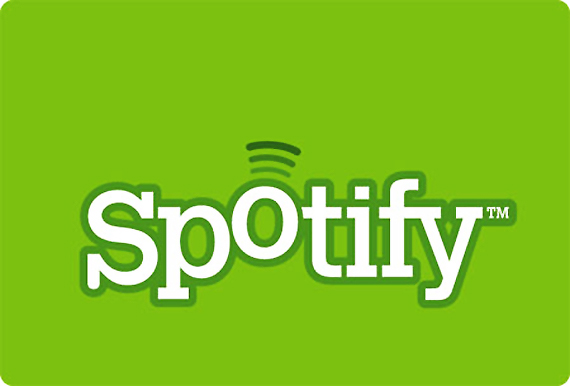Spotify, as you have probably noticed, is everybody’s new boyfriend since it arrived stateside last month.
iPhone user adoption of the popular European music streaming service is through the roof, and articles are popping up left, right and center on blogs and in mainstream media alike praising the Spotify for high audio quality, simple library importing and several other creditable attributes. But some indie music labels have lodged public complaints that Spotify isn’t fairly compensating them for the music users listen to, arguing that audio streaming services like Spotify will push independent musicians out of the industry due to low profit margins.
Billboard points to a blog post by one of the label owners- Brian Brandt of Mode Records- who vocally withdrew streaming rights from Spotify. In the missive, Brandt lays out a case wholesale against streaming and urges music fans to avoid services like Spotify in favor of iTunes or riding your dinosaur down to the mall to purchase a CD:
“On a typical CD sold through a distributor (yes, still the bulk of our sales are wholesale), we may make a profit of $3-4 a unit. Already that is not much considering the total sales of a typical niche CD. Sales through iTunes or similar service can yield a similar profit. But this all gets turned on its head with the Spotify model. For example, in June 2011, Mode had a total of 11,335 streams through Spotify; our income was a whopping $36.98! A big individual seller that month, by composer Luciano Berio, was streamed 1,326 times through Spotify; our income $4.18. So, we earn about 1/3 of a penny per stream. And these meager amounts should be split with the artists and composers.”
Spotify has responded to the critique in a statement, countering that music streaming services offer an alternative to piracy- to wit, low revenues are better than no revenues at all. The service also hints at growing profits and surging user numbers as a potential replacement source of profit for record labels and rights holders. Spotify’s response reads:
“We are sorry that Century Media have opted not to offer its music to their fans through Spotify. Spotify has one of the biggest music libraries in the world – of over 15 million tracks – and is committed to offering our users the widest possible selection of music across artists and genres from around the world.
“Spotify was launched out of a desire to develop a better, more convenient and legal alternative to music piracy. Spotify now monetises an audience the large majority of whom were downloading illegally (and therefore not making any money for the industry) before Spotify was available.
“Spotify is now generating serious revenues for rights holders; since our launch just three years ago, we have paid over $100 million to labels and publishers, who, in turn, pass this on to the artists, composers and authors they represent. Indeed, a top Swedish music executive was recently quoted as saying that Spotify is currently the biggest single revenue source for the music industry in Scandinavia.
“Spotify is now also the second single largest source of digital music revenue for labels in Europe (IFPI, Apr 2011). Billboard reported in April that Spotify territories saw an average digital growth rate of 43% last year. By contrast, neighbouring countries (without Spotify) saw only 9.3% digital growth.
“We are very proud of the positive contribution that Spotify makes towards growth in the music industry.”



